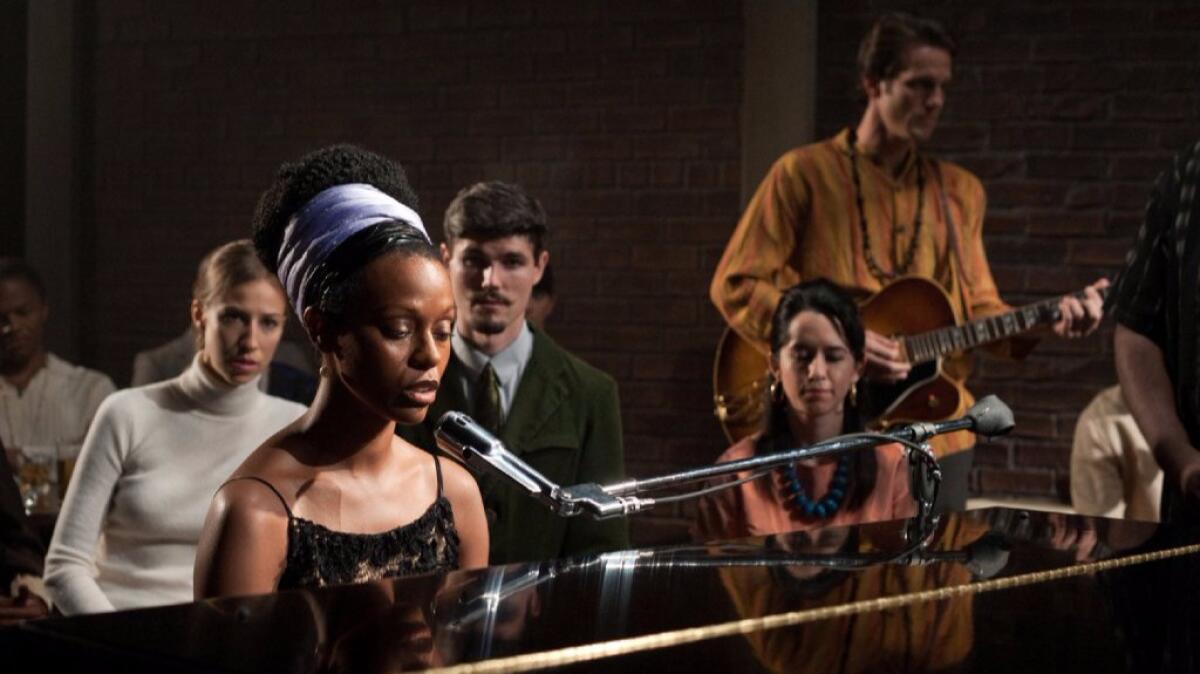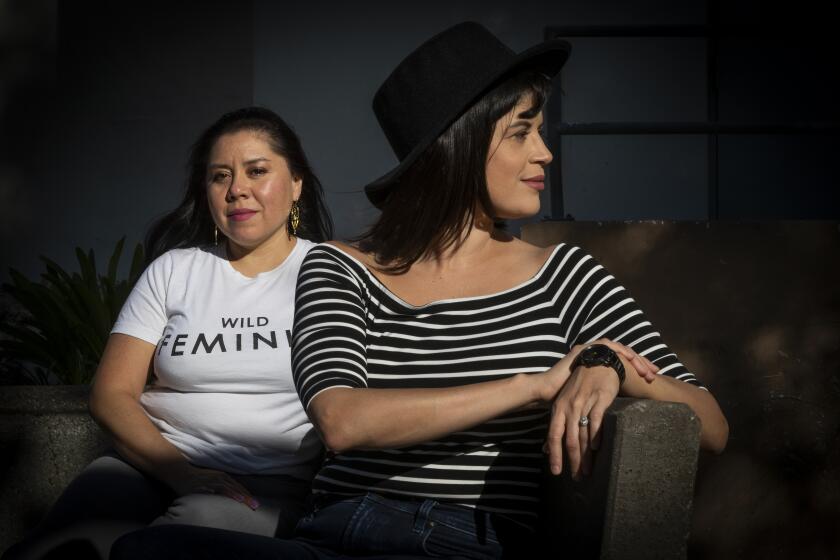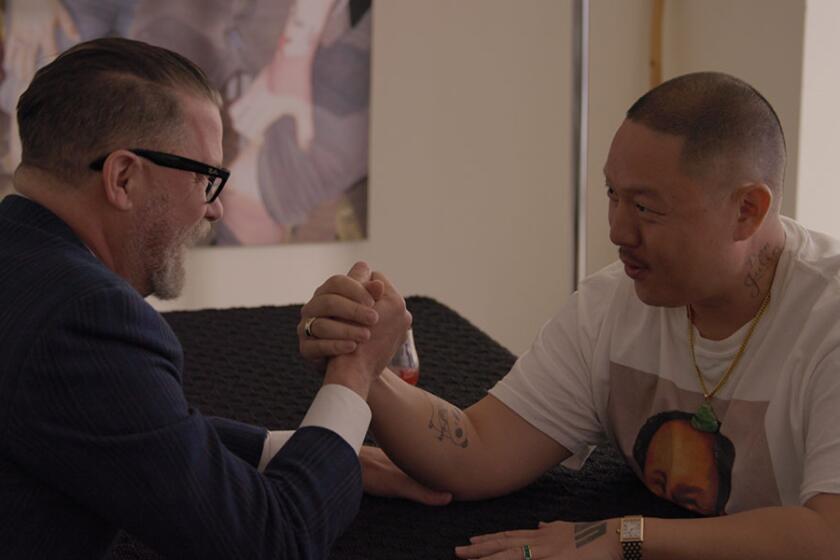A tearful Zoë Saldaña apologizes for playing Nina Simone in 2016 biopic

Zoë Saldaña has finally and tearfully apologized for playing the inimitable Nina Simone in “Nina,” the doomed 2016 biopic of the iconic civil rights activist and jazz artist.
“I should have never played Nina,” the Afro-Latina actress said repeatedly during a Bese interview posted Tuesday on Instagram.
“I should have done everything in my power with the leverage that I had 10 years ago, which was a different leverage, but it was leverage nonetheless,” she continued. “I should have done everything in my power to cast a Black woman to play an exceptionally perfect Black woman.”
The “Avatar,” “Star Trek” and “Guardians of the Galaxy” star spoke out during a lengthy interview about representation, racism and colorism with “Pose” creator Steve Canals. (Watch it below around the 41-minute mark.)
“I thought back then that I had the permission [to play her] because I was a Black woman,” Saldaña continued. “And I am. But it was Nina Simone. And Nina had a life and she had a journey that should have been — and should be — honored to the most specific detail because she was a specifically detailed individual. ... She deserved better.”
“With that said: I’m sorry. I’m so sorry,” the actress said through tears, later adding, “I know better today and I’m never going to do that again.”
It’s a far cry from Saldaña’s unapologetic approach to the role back in 2013, when she told Latina magazine, “Let me tell you, if Elizabeth Taylor can be Cleopatra, I can be Nina — I’m sorry. It doesn’t matter how much backlash I will get for it. I will honor and respect my Black community because that’s who I am.”
The star, who is of Dominican and Puerto Rican decent, was dragged for sticking with the part, which involved using skin-darkening makeup and a prosthetic nose to make Saldaña appear more like the singer, who was proud of her looks. When the long-gestating film’s trailer landed and the film arrived in theaters in 2016, it was again with met harsh criticism and scathing reviews and drew ire from Simone’s estate and fans for Saldaña’s casting.
Still the actress was defiant, telling Allure: “There’s no one way to be Black. You have no idea who I am. I am Black. I’m raising Black men. Don’t you ever think you can look at me and address me with such disdain.”
The odds were already stacked against “Nina,” Cynthia Mort’s biopic about legendary musician Nina Simone, even before its release.
In her Tuesday discussion with Canals, Saldaña touched on current discussions of race and said she recognizes now when she should have done things differently. But instead of pitting Black people and Latinx people against each other, citing a recent Times article that appeared to do so, she and Canals agreed that the historically marginalized groups should work together to change their status from minorities to the majority.
“We need to stop the division internally,” Canals said. “We need to pull each other aside and say enough is enough and it means that we need to help each other up.”
Amid talk about Latinx representation in Hollywood, the Latina TV Writers Brunch Group and Latinx Directors are fighting for inclusion and solidarity.
More to Read
Only good movies
Get the Indie Focus newsletter, Mark Olsen's weekly guide to the world of cinema.
You may occasionally receive promotional content from the Los Angeles Times.












